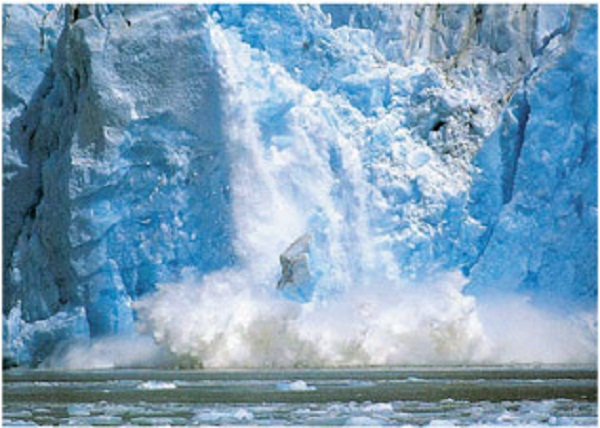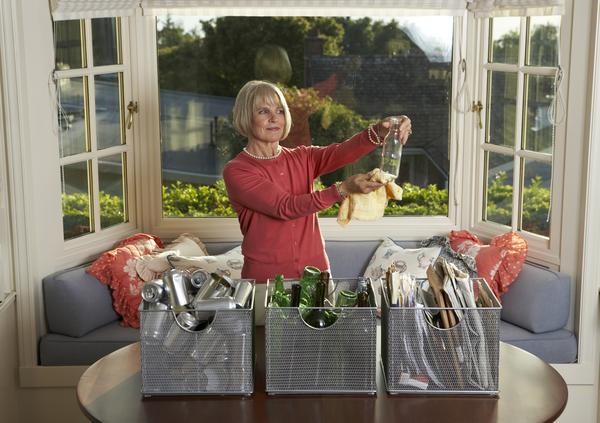Coral reefs bring to mind a beautiful picture of marine habitat. Reef building takes place with the help of zooxanthellae. Sponges, algae and other species also help in the growth of the reefs. Calcium carbonate and silica are precipitated slowly by organisms like sponges and algae. These are known as frame work builders and they help in moving the coral reef upward. Coral reefs are prosperous marine habitats. They contain several species of fish, many species of snails and sixty species of corals. Corals are known as the ‘rainforests of the sea’. They are mainly found in the Indo-pacific region which includes Indian Ocean, Red Sea, South east Asia and the Pacific. The Atlantic and Caribbean sea also have coral reefs. Coral reefs are under threat from ocean acidification, cyanide fishing, blast fishing, pollution and climate change. Reef management is done by the authorities to protect this natural wonder. Read on to know about 10 things you can do to save coral reefs.
1. Pesticides and fertilizers used in areas far away from the reef areas can harm the reefs because the water which supports the reefs can get affected. So, try to avoid the chemical pesticides if you really care for the reefs and the environment. Pollution in any form will affect the water. Garbage, waste, human waste and factory spills will certainly harm the water and affect the marine life. Avoid water pollution to save the reefs.
2. Corals are beautiful and are sold as ornaments and table pieces. You should inquire about the reef and country from where the piece is taken and whether it is legal and sustainable. Buying illegal items harms the reefs and encourages unlawful trade. Learning more about coral reefs will help increase awareness and a person can educate others also by informing them about the necessity to save the coral reefs. This will help in preventing illegal trade.
3. It is best not to have a live rock aquarium in the house or organization because the accumulation will affect the habitat of the reef organisms. Marine fish should be bought for aquarium only if they have been captured the legal way. Sodium cyanide is sometimes used to stun the fish before they are caught. Knowledge about the species of fish that live in the reef area will help in avoiding the endangered species of fish for an aquarium.
4. A concerned tourist should inquire about the measures taken to protect the reefs. If illegal coral trade is found to take place, it should be informed to the authorities. It will help the authorities to take proper action to protect the reefs. Even a small information or tip off can help protect the coral reefs. If donations for reefs are being made, the tourist should also make sure about the authenticity of the donation papers.
5. Recycling and reusing will help prevent pollution. You should try to purchase items in large quantities to avoid waste and also to reduce pollution. Conserving water will help in preserving fresh water and also to prevent water pollution. Waste water will contaminate the soil and water sources. Factory farming plays a large role in water contamination. A concerned person can try to help by abstaining from factory farm products.
6. A tourist should employ a guide to learn more about the coral ref and its ecosystem. A local person will be aware of details first hand and can help in increasing awareness of how to protect the reef. It will help the local economy as well and spread the word.
7. Anchoring on the reef is not desirable. Mooring buoy systems should be preferred when a boating trip is planned. If there are plans to dive, people must not touch the reef because the diving gear and hands can damage the tiny micro organisms in the reef. Touching the bottom can also damage the reef because the sediment will suffocate the reef. Sometimes over enthusiastic divers can do more harm than good? It is better to leave the reefs as they are and enjoy the beauty from a distance.
8. Watersheds affect the oceans and marine life. Volunteer services can be offered to clean the local river and this can help in reef monitoring programs. Community projects can be started and awareness increased among people to help save the reefs. Marine parks and reserves can be maintained and close monitoring done to protect it. Any unlawful activity can be reported by local volunteers.
9. Waste water treatment should be done properly to stop the water pollution. The harmful chemicals and bacteria in the waste water can ultimately harm the reefs which are a beautiful source of marine life. Water pollution can also harm humans. Many diseases become epidemics because of the pollutants in water. Animal and poultry waste should not be dumped in water in order to prevent water pollution.
10. A person who is interested in saving the coral reef should be aware of the laws regarding the reef and any programs or projects that will help preserve this wonder. You can participate in tree planting programs to help prevent water runoff. Writers can also help by blogging about the reef and help spread awareness about the coral reef which is essential for preserving a large number of marine species in the oceans.



